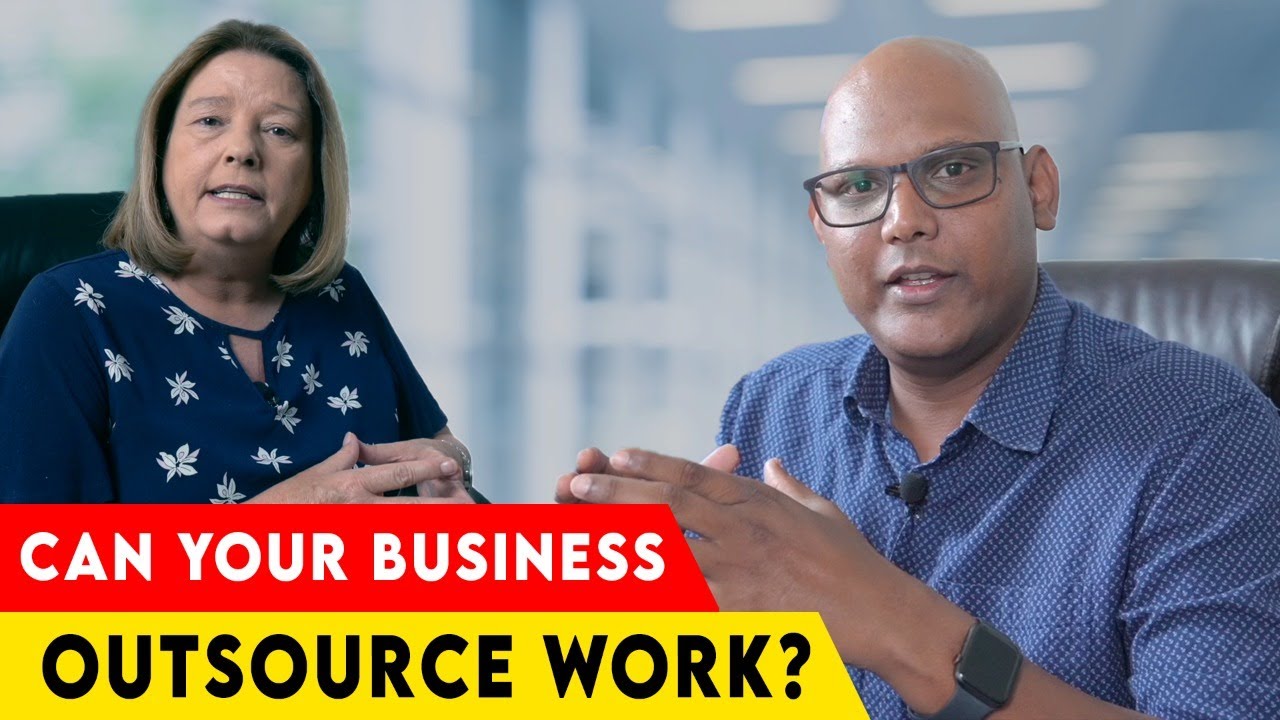Building a Startup Dream Team 💪
Summary
TLDRIn diesem Video-Skript diskutieren Ockert und Thomas über die Bedeutung von Talent, Charakter und Teamfähigkeit gegenüber bloßen Egos bei der Suche nach Top-Talenten. Sie betonen die Wichtigkeit von企业文化 und die Bereitschaft, in Mitarbeiter zu investieren, die sich über die Zeit bewährt haben. Sie geben auch Ratschläge, wie man talentierte Entwickler findet, die die Unternehmensvision teilen und wie man sie für ein Startup bezahlt, ohne übermäßige Gehälter zu bieten.
Takeaways
- 💼 Die Suche nach Top-Talent findet nicht immer dort statt, wo man es erwarten würde. Manche Talente sind in übersehenen Ecken zu finden.
- 💰 Es gibt viele Fälle, in denen Menschen aufgrund ihres Egos mehr bezahlt werden als aufgrund ihrer Fähigkeiten oder Talente.
- 👥 Teamfähigkeit und Charakter sind entscheidend für die Zusammenarbeit und das Verständnis der Unternehmenskultur.
- 💼💰 In der Blockchain-Branche sind Gehälter für erfahrene Entwickler, PR und BD-Spezialisten sehr hoch.
- 🏆 Top-Talent verdient sein Gehalt durch Leistung und nicht nur durch Vergangenes Erfolgserlebnis.
- 🌱 Nachweis der Fähigkeiten und der Beitrag zum Team ist entscheidend, bevor man in die Firma integriert wird.
- 🌐 Die Suche nach Talent reicht über nationale Grenzen hinaus; es wird auf Fähigkeiten und nicht auf Herkunft geachtet.
- 💡 Kreativität und Problemlösungsfähigkeit sind ebenso wichtig wie technische Fähigkeiten.
- 🚀 Es ist wichtig, Mitarbeiter nach ihrer Leistung und nicht nur nach ihrer Erfahrung zu beurteilen.
- 🎯 Einstellung von Mitarbeitern sollte auf ihre Leidenschaft und Persönlichkeit abzielen, da Fähigkeiten erlernt werden können.
- 📈 Die Bedeutung von Meilensteinen und Erfolgen für die Motivation und Anerkennung von Mitarbeitern.
Q & A
Wie beurteilt Ockert die Situation, in der viele Menschen für ihren Ego überbezahlt werden?
-Ockert sieht viele Menschen, die für ihr Ego überbezahlt werden, im Vergleich zu ihrem Talent und den Fähigkeiten, die sie mitbringen können.
Wo sucht Ockert nach Entwicklern und Teammitgliedern?
-Ockert sucht Entwickler und Teammitglieder in Orten, die man überraschend finden könnte, da dort eine ungewöhnliche Menge an unentdecktem Talent zu finden ist.
Was ist nach Ansicht von Ockert wichtiger als das Gehalt?
-Ockert legt größeren Wert auf das Charakter und die Fähigkeit der Menschen, in einem Team zu arbeiten und die Unternehmenskultur zu verstehen, als auf das Gehalt.
Wie beurteilt Ockert die Idee von 'Rockstar Entwicklern'?
-Ockert warnt davor, dass 'Rockstar Entwickler' oft aufgrund ihres Egos überbezahlt werden und dies nicht unbedingt ihre Fähigkeiten reflektiert.
Was ist nach Ockerts Meinung das Wichtigste, um Top-Talent anzuziehen?
-Ockert glaubt, dass man Top-Talent anziehen kann, indem man ihnen eine Chance gibt, Teil des Unternehmens zu werden, und sie durch Boni und Gehaltserhöhungen für ihre Leistungen belohnt.
Wie sieht Ockert die Rolle von Teamleitern bei der Bewertung von Mitarbeitern?
-Ockert glaubt, dass Teamleiter die am besten beurteilen können, ob ein Mitarbeiter sein Gehalt verdient hat, da sie das Budget verwalten, das sie ausgeben.
Welche Rolle spielt die Unternehmenskultur für Ockert bei der Mitarbeiterakquise?
-Die Unternehmenskultur ist für Ockert sehr wichtig, da Mitarbeiter, die sich mit der Kultur identifizieren, bereit sind, einen Lohnnachlass zu akzeptieren und für die Firma zu arbeiten.
Wie beurteilt Ockert die Bedeutung von Meilensteinen und Erfolgen im Unternehmen?
-Ockert betont die Bedeutung von Meilensteinen und Erfolgen, um Mitarbeiter zu motivieren und zu zeigen, dass ihre Arbeit wertvoll ist und zur Unternehmensentwicklung beiträgt.
Was sind die Ansichten von Thomas über die Rolle von Motivation und Führung in Entwicklungsteam?
-Thomas glaubt, dass die richtige Motivation, Führung und Werte dazu beitragen können, dass gute Mitarbeiter zu großartigen und durchschnittliche Mitarbeiter zu guten werden.
Wie sieht Thomas die Rolle von 'Rockstar Entwicklern' in der Entwicklung?
-Thomas warnt, dass der Titel 'Rockstar Entwickler' nicht unbedingt bedeutet, dass jemand ein großartiger Entwickler ist, da oft viel Ego involviert ist und dies zu mittelmäßigen Fähigkeiten führen kann.
Was ist nach Thomas' Meinung das Wichtigste, wenn man Talente für ein Startup findet?
-Thomas betont, dass man Talente findet, die die Unternehmenskultur und die Vision des Unternehmens teilen, und die bereit sind, mit Leidenschaft und Engagement dazu beizutragen.
Outlines

هذا القسم متوفر فقط للمشتركين. يرجى الترقية للوصول إلى هذه الميزة.
قم بالترقية الآنMindmap

هذا القسم متوفر فقط للمشتركين. يرجى الترقية للوصول إلى هذه الميزة.
قم بالترقية الآنKeywords

هذا القسم متوفر فقط للمشتركين. يرجى الترقية للوصول إلى هذه الميزة.
قم بالترقية الآنHighlights

هذا القسم متوفر فقط للمشتركين. يرجى الترقية للوصول إلى هذه الميزة.
قم بالترقية الآنTranscripts

هذا القسم متوفر فقط للمشتركين. يرجى الترقية للوصول إلى هذه الميزة.
قم بالترقية الآنتصفح المزيد من مقاطع الفيديو ذات الصلة

Outsourcing tips for small business #outsourcing #prosandconsofoutsourcing #outsourcingtips

Why You Shouldn't Settle For Average Women As A Man

DCA Live: 🚨 Brace Yourself - Is Chokepoint 3.0 Upon Us? 🔥

I had to cancel my date because i realised this.

You’re not craving love. You’re craving purpose.

Zeitarbeit- Was bedeutet es, als Leiharbeiter zu arbeiten? | Galileo testet Berufe | ProSieben
5.0 / 5 (0 votes)
